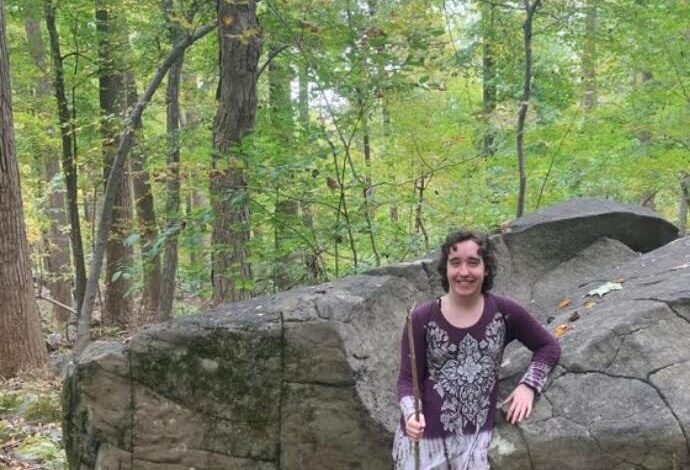
Rider rolls out additional mental health initiatives
By Julia Train
IN July, Rider received a $200,000 state-funded grant to use toward mental health initiatives for underrepresented students, including the LGBTQIA+ population, athletes and students with autism spectrum disorder.
The counseling center has teamed up with local partners, and added support groups, mentors and counselors in order to use the money to provide resources these communities could need.
One of the partnerships is with The PRIDE Center in Ewing, New Jersey, and two of its LGBTQIA+ counselors, Jonah Friedman and Carson Eckhard.
“We believe that through the partnership between The PRIDE Center and the counseling center, we are taking a significant step toward creating a campus where each and every LGBTQIA has to feel seen, valued and empowered,” said Anissa Moody, interim director of the counseling center and staff psychologist.
Before receiving the grant, Moody and her psychologists were aware of The PRIDE Center and made referrals for students, but now, they are able to actively work together through individual support services, mentorship, and facilitating safe spaces for students to find others with similar interests.
Prideful initiatives
Two portions of the services added are Roy G. Biv, an LGBTQIA+ support group led by Friedman and Eckhard, and “Shine On Expressive Threads,” an inclusive clothing drive.
The clothing, which contains a variety of styles, is donated and kept in a closet in the Joseph P. Vona Center so students can “shop” in it to find clothes that express who they are.
“Sometimes we find in our work that students or parents may not be in agreement so they hold back resources and funds and only at school you can be your true self,” said Moody. “So we’re providing a closet full of very interesting creative clothes so [students] can be [their] true self.”
Freshman political science and sociology major Caroline Clark, a transgender woman, is in a situation similar to what Moody described.
She heard about the initiative during an LGBTQIA+ “meet and greet” during Welcome Week and needed gender-affirming clothes, so she decided to try it out and was the first to do so.
Although she’d rather dress gothic when given the chance, and there weren’t any pieces in that style, she walked away with four items: a shirt, a pair of pants, a skirt and a dress.
“I would say it was a very positive experience. The staff there was not only accommodating they were actively happy to help out,” said Clark.
An aid to athletes
In order to have a more intentional approach toward mental health in the athletic department, an embedded counselor and sports psychologist were added.
According to Moody, a third of Rider’s students are athletes.
“They’re expected to be students who have to make a certain grade point average. They’re also at some level, working staff of a college because they are student athletes representing the college. They have a lot of pressing demands on their time and oftentimes lead to a more stressful lifestyle,” said Moody.
Not only will individual support be provided, but so will supportive spaces, workshop programming, teletherapy and meetings with coaches.
Support for students and staff
For students with autism, the counseling center partnered with St. Joseph’s University’s Kinney Center, which is providing individual consultations and training and support to Residential Life, Public Safety and Campus Life staff members.
“It’s a huge, huge boost to our professional development skills or resources [and] it really helps us to be more inclusive and supportive,” said Moody.
Additionally, group and individual support will be provided for survivors of domestic violence and sexual assault.
Another piece of the grant supports the university’s peer education program, which the counseling center is currently in the process of interviewing for in hopes to reach more students.
At the moment, the counseling center has an outreach team of four graduate assistants and wish to have three or four undergraduates as well.
Moody also plans to use part of the grant to create a private teletherapy space for students who want to have remote sessions with their therapist but don’t have privacy in their dorms.
“Dean Christine Mehlhorn and Nick Barbati are working along with Mike Reca to identify a space where students can have privacy and we can outfit that space using grant funds,” said Moody.
Some of the funds will also be used to renovate Zoerner House by changing the lighting, repaint walls and get more comfortable furniture that aren’t desk chairs.


